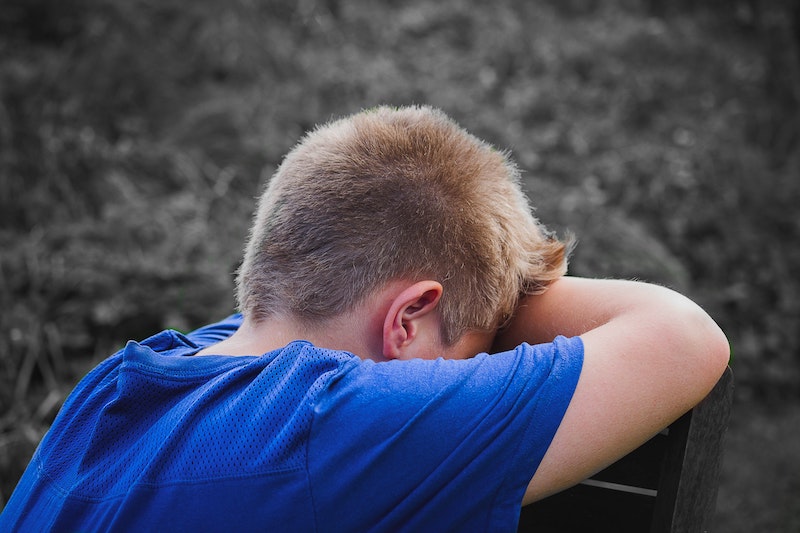Child psychotherapists use language and play to observe, assess, help and treat children and young people who are experiencing behavioural, emotional, social and psychological difficulties.
Child psychotherapists must have excellent listening and observation skills.
What does a child psychotherapist do?
Child psychotherapists work with children who are affected by issues such as depression, aggression, phobias, anxiety, physical/psychosomatic disorders, learning difficulties and behavioural problems. They lead sessions with individuals, groups and/or families where verbal interaction, toys, puppets, dolls, art materials and so on are used to explore the child’s behaviour, attitudes and emotions. Their aim is to help children understand and address their inner conflicts. Typical activities include:
- liaising with professionals such as teachers, psychiatrists, psychologists, paediatric nurses, social workers, family therapists and health visitors
- supervising trainees
- keeping up-to-date with developments within the profession by attending appropriate courses, conferences and meetings
Typical employers of child psychotherapists
- The NHS, often in child and adolescent mental health services (CAMHS) teams
- Hospitals
- Primary and secondary schools
- Social services
Skills required:
- Listening skills
- Observation
- Sensitivity and empathy
- Sincerity
- Discretion
- Ability to build rapport
- Positive outlook
- Excellent communication skills
- Resilience and maturity
- Capacity for study and continued learning
- Ability to work independently or with others
Recommended IBDP subjects needed to apply to university to study Psychology:
Psychology HL or SL,

